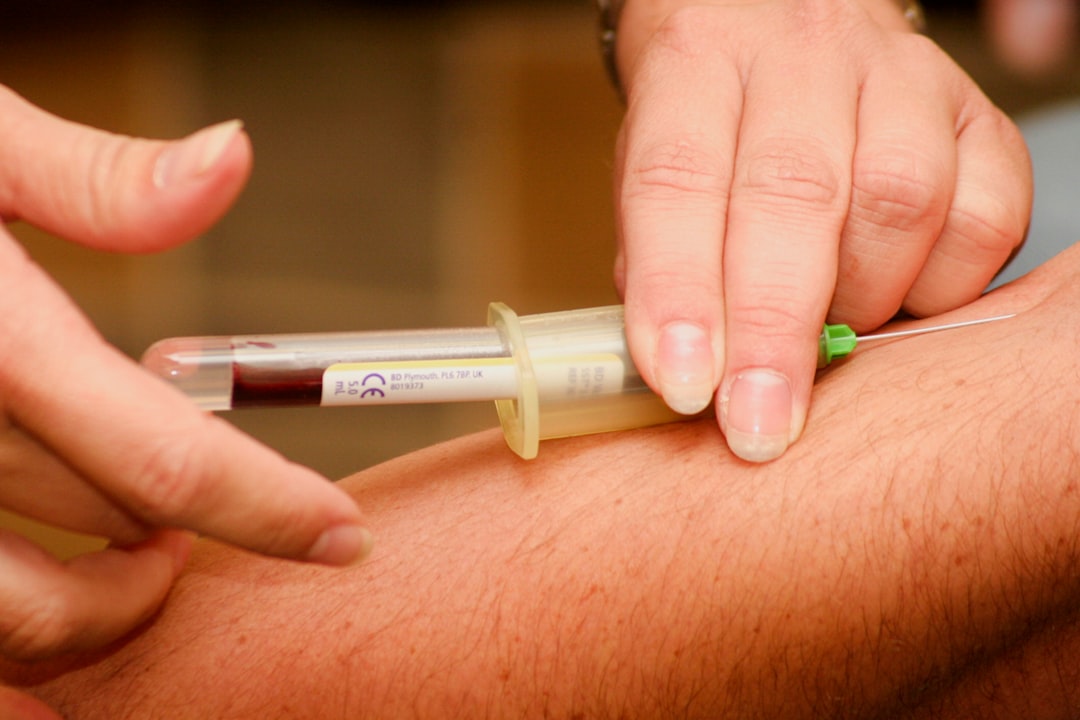What is it about?
This was an interview study with stroke survivors on their opinions about the use of a CD called Positive Mental Training (PosMT) a guided self-help tool that promotes positive thinking, optimism, and relaxation. We wanted to see whether stroke survivors would be able to use the tool and whether they felt it could be beneficial for helping other stroke survivors overcome anxiety and depression and promote resilience post-stroke.
Featured Image
Why is it important?
This study is important because we know that stroke survivors who are able to maintain their positivity and who demonstrate psychological resilience in the face of stroke and of the demands of rehabilitation, often do better in terms of both emotional and sometimes functional recovery.
Perspectives
I'm happy that The PosMT shows potential in stroke survivors as a tool for coping with rehabilitation as well as in overcoming post-stroke psychological problems including anxiety and depression. Interviews with some participants suggests that when optimism and motivation are increased, stroke survivors may be push forward to achieve rehabilitation goals, they may have otherwise abandoned.
Nahal Mavaddat
University of Western Australia
Read the Original
This page is a summary of: Training in positivity for stroke? A qualitative study of acceptability of use of Positive Mental Training (PosMT) as a tool to assist stroke survivors with post-stroke psychological problems and in coping with rehabilitation, Neurorehabilitation, March 2017, IOS Press,
DOI: 10.3233/nre-161411.
You can read the full text:
Contributors
The following have contributed to this page










